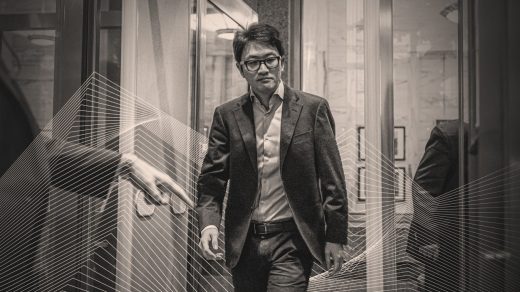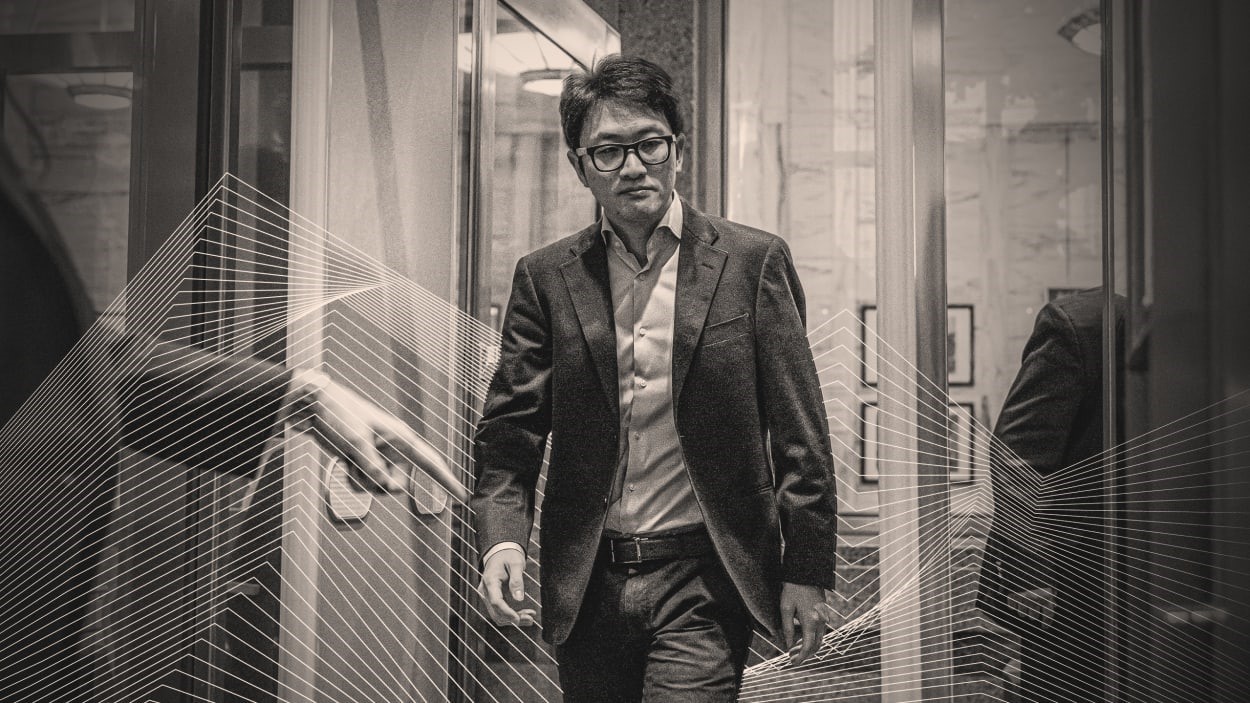Former FTX lawyer: Sam Bankman-Fried promised customer assets were ‘safeguarded’
FTX founder Sam Bankman-Fried’s defense seems to have landed on two tactics after three weeks of government testimony: Confuse the jury on technical terms, or line up items for an eventual appeal.
Thursday saw the final testimony from an FTX employee, onetime general counsel Can Sun, who testified that he was not told about and did not okay the use of FTX customer funds for expenses at Alameda, Bankman-Fried’s hedge fund, nor for other uses like loans to Bankman-Fried. And, Sun said, he didn’t know that Alameda was given special privileges on the FTX crypto exchange.
“Everything was unequivocally that FTX protects customer assets 100%,” Sun testified, adding that he “never approved anything like that, and never would have. Bankman-Fried had assured him that customer assets at FTX “were received, safeguarded, and segregated” from FTX’s own funds (used for things like vendors or paying bills) “so that they would not be misappropriated,” according to Sun.
“Neither FTX, Alameda, or anyone has rights to those assets because it belongs to the user,” Sun said.
Prior to Sun, three of Bankman-Fried’s former top executives at FTX and Alameda had testified and pled guilty to misusing customer funds, leading to a $7 billion shortfall when FTX customers demanded their money back. They also admitted to adding coding that allowed for Alameda to take essentially unlimited losses on the FTX exchange, covered by customer funds; and lying to investors, customers, and lenders.
Sun seemed to be something of the adult in the room at FTX, at least compared to the gang of Bankman-Fried’s friends running Alameda and FTX (a lineup that included his sometimes girlfriend Caroline Ellison; Nishad Singh, Bankman-Fried’s little brother’s close friend; and Gary Wang, a math-camp friend who lived with Bankman-Fried at MIT). Sun, by contrast, earned a PhD from Princeton, graduated from Yale Law, and worked at a number of prestigious firms prior to joining FTX in August 2021.
With Sun, once again, the defense missed ample opportunities on cross-examination. For instance, Sun talked on direct about a dramatic day on November 7, days before FTX and Alameda filed for bankruptcy.
Bankman-Fried was trying to bring in Apollo Global Management as an investor, and Apollo asked Sun for balance sheets. Sun was in Bankman-Fried’s penthouse apartment in the Bahamas with Bankman-Fried, his father Joe Bankman, Nishad Singh, and another executive, Ramnik Arora, when he received the balance sheets—showing the $7 billion that Alameda had taken from FTX customers and couldn’t repay.
“I was shocked,” he testified. He began volleying questions at everyone in the room, and said on Thursday he “did not get straight responses.” Bankman-Fried was busy typing, and running off to take calls; Singh, Sun recalled, was “pale, gray” and “it looked like his soul had been plucked away from him.” The spreadsheets were sent to Apollo, and soon, Bankman-Fried pulled Sun aside. Apollo was asking for “legal justification” for Alameda taking the funds from FTX customers, he told Sun, and asked Sun to come up with some. Sun did so, later that evening running them by Bankman-Fried and saying there was no basis for any of the frameworks Sun had considered.
At around 11 p.m., Singh asked Sun to go for a walk. He was concerned about “personal exposure,” the multi-million-dollar loans he’d been given from Alameda and FTX, and the no-liquidation provision he’d coded into FTX’s exchange for Alameda, “the same mechanism by which Alameda was able to withdraw funds from the exchange,” Singh explained to Sun. Singh also told Sun (as Singh said in his own testimony) that he’d discovered the multi-billion dollar debt in August or September.
Here was a lob to the defense: Singh, who’s admitted to his crimes, and who left the Bahamas days later and met with prosecutors, was worried about his own personal exposure and his potential criminal activity? Couldn’t this shift some of the blame from their client, who at least stayed in the Bahamas with the sinking ship of FTX?
But the defense, which failed to make a villain of Singh when he testified, didn’t ask Sun a single question about Singh.
Instead, defense lawyer Mark Cohen seemed buried in technical details—subsections in FTX’s terms of service, paragraphs deep within loan documents, provisions on customer clawbacks. And he failed to make his point on why he was going over these details so carefully. Moreover, the documents, largely introduced during direct questioning, supported the prosecution’s case, such as the line in the terms of service saying, “None of the Digital Assets in your Account are the property of, or shall or may be loaned to, FTX.”
It seems he is either trying to confuse the jury, and perhaps will argue that these lines within service agreements are what they should be concerned with. Or, he and the other defense lawyers may be gathering bases for a potential appeal. They’ve repeatedly said that Bankman-Fried isn’t getting his correct doses of Adderall nor promised access to computers and cannot meaningfully participate in his defense as a result, for instance, and seem to be lining that up as a clear appeal issue. Today, Cohen pointed to a line in the FTX Digital Markets terms of service saying that any dispute will be governed under English law (FTX Digital Markets was headquartered in the Bahamas, which uses English law), which could be another potential issue. And the defense has raised frequent objections to various prosecution questions and evidence, almost always a sign that they’ve got one eye on an appeal, given that any issues argued on appeal must be first raised at trial.
When the trial resumes in a week—the judge has a conference to attend in the interim—the prosecution said it expects to call an FBI witness, an investor witness, and a customer witness. Prosecutors initially said they would call FTX’s former head of product Ramnik Arora, but did not list him among next week’s witnesses. After those three witnesses, the prosecution said it will rest, indicating that Sun is the last of the FTX prosecution witnesses to testify. The defense will then reveal what case, if any, it will put on (no defense case is required in criminal trials, as the burden of proof is on the prosecution), and presumably, whether Bankman-Fried himself will take the stand.
(15)



